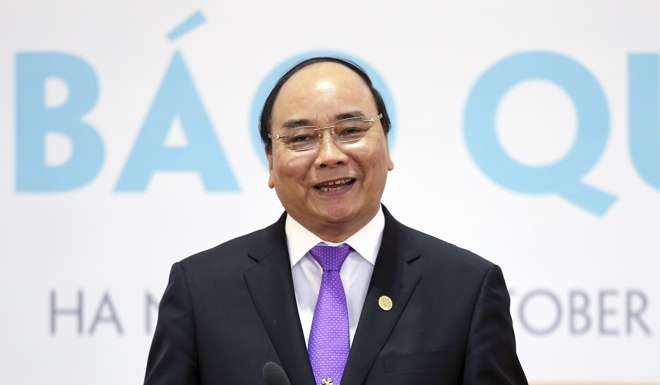
Another blow to Obama’s TPP after Vietnam says it won’t ratify trade pact and Australia looks to China
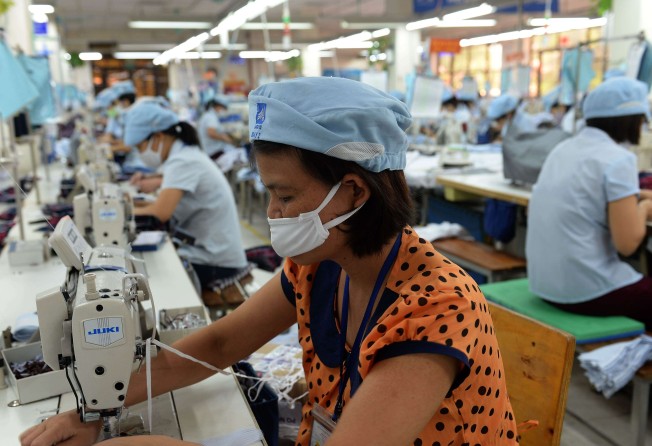
The United States-led Pacific trade pact appears to be crumbling after Vietnam said it would not ratify it and Australia signalled support for Chinese-led trade deals before a meeting this weekend of the Asia-Pacific Economic Cooperation group in Peru.
Vietnam’s prime minister said his country will shelve ratification of the 12-nation Trans-Pacific Partnership (TPP) accord due to political changes ahead in the United States, but wants to maintain good relations with Washington.
The TPP, the signature economic policy of US President Barack Obama’s Asia-Pacific rebalance, looks increasingly uncertain with a Republican Congress and an incoming president Donald Trump who had called the agreement a “disaster”.
“The United States has announced it suspends the submission of TPP to the parliament so there are not sufficient conditions for Vietnam to submit its proposal for ratification,” Prime Minister Nguyen Xuan Phuc told the National Assembly Thursday.

Vietnam was projected to see the biggest percentage boost to the economy of any country in the TPP – about 10 per cent by 2030, mostly thanks to textiles and apparel.
Post-US election responses by the Asian countries on the TPP varied, from suggestions by Malaysia that it would focus efforts on wrapping up a multi-nation trade pact led by China, and Japan trying to stick with the TPP and push ratification.
According to TPP’s statutes, it can only be adopted if the United States is part of it, given its economy represents about two-thirds of the combined GDP of the original 12 members.
In an opinion piece published by the Australian Financial Review on Thursday and in an interview with the Financial Times before Apec, the Australia’s trade minister, Steve Ciobo, said Australia would support a proposal being advanced by the Chinese government, the Free Trade Area of the Asia-Pacific.
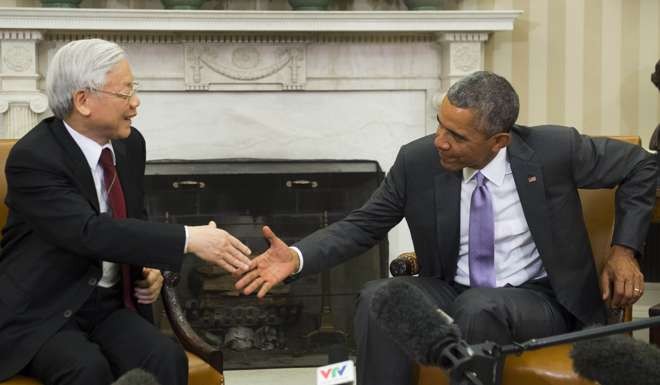
“With the future of the TPP looking grim, my ministerial counterparts and I will work to conclude a study on the Free Trade Area of the Asia-Pacific, which sets out agreed actions towards a future free trade zone,” Ciobo said.
China was excluded from the TPP, which was the key economic component of the Obama administration’s pivot to Asia. It has pursued two rival trade pacts, the Apec-wide Free Trade Area of the Asia-Pacific (FTAAP) and a separate trade deal called the Regional Comprehensive Economic Partnership (RCEP), which includes 16 countries but not the US.
Australia has been a vocal public supporter of the TPP, arguing that the agreement would underpin continuing US engagement with the Asia-Pacific region and lobbying congressional leaders to support its passage.
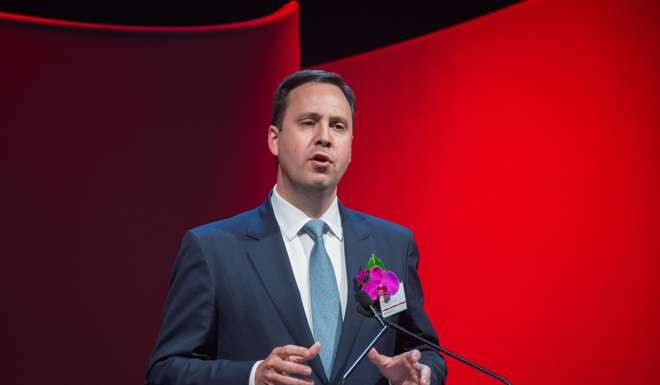
But the Turnbull government has muted its public support for the trade pact since Trump won the US presidential election.
Since Trump’s victory, Chinese state media has declared the US should come on board its trade proposals.
Japanese Prime Minister Shinzo Abe on Tuesday confirmed his nation is turning attention toward RCEP - which would in turn omit the US. That’s even as he plans to stop off in New York on Thursday en route to Lima to meet Trump and make a last-ditch sales pitch for the TPP.
Asia members have said it can’t be renegotiated and have urged Congress to pass it. Singapore Prime Minister Lee Hsien Loong, speaking in the US in August after meeting Obama, said America’s credibility was on the line.
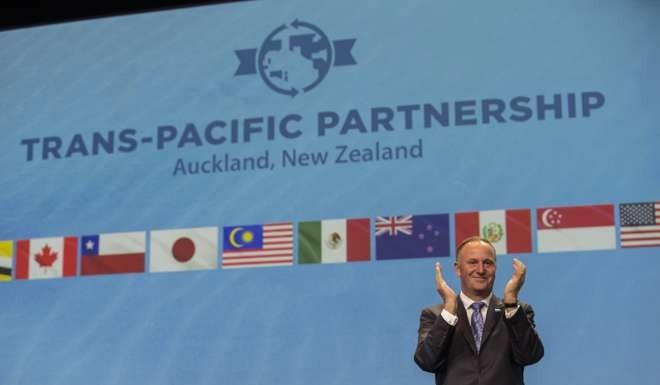
“If at the end, waiting at the altar the bride doesn’t arrive, I think there are going to be people who are going to be very hurt not just emotionally but damaged for a long time to come,” Lee said.
Alan Bollard, a former New Zealand central bank governor who is executive director of the Asia-Pacific Economic Cooperation secretariat, suggested Trump may transplant some elements of TPP into another form to keep the US engaged in a region that Standard Chartered Plc estimates will account for 58 per cent of global growth next year.
“There would continue to be a lot of interest from almost all the economies in Asia for easing trading conditions with the US,” Bollard said.
“But there is the question of whether there has to be a formalised legally binding agreement like TPP or not.”
New Zealand Prime Minister John Key said the deal was not going to happen anytime soon. Still, he told Radio New Zealand: “Trump will get the same advice from the State Department, from the Pentagon, from the Treasury that President Obama got, which is that you need to have influence and you need to have a presence in Asia, and to do that free trade locking you in there is the way to do it.”
Reuters, The Guardian, Bloomberg